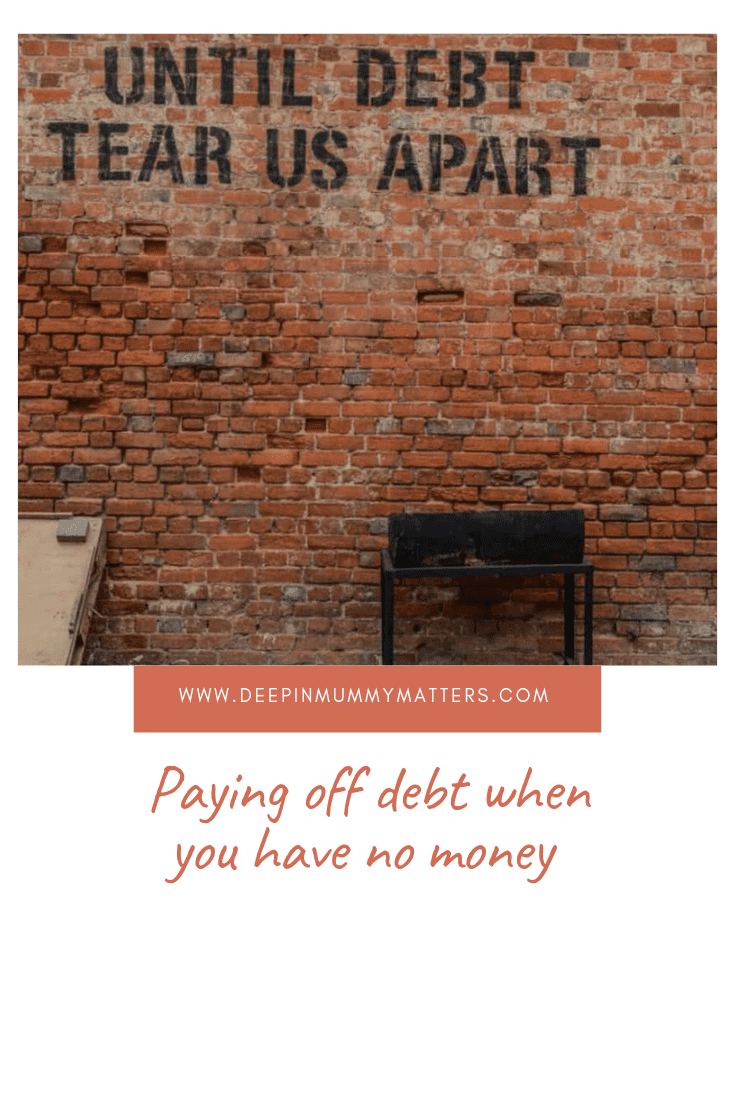A significant number of people in the UK are struggling with their financial obligations. According to the Office of National Statistics, between 2016 and 2018, one-half of the families in Britain with the least amount of wealth was responsible for 36 percent of the total amount of household debt.
As you can understand, the COVID-19 outbreak has had a significant impact on the financial well-being of a large number of households. As a result, some individuals have been forced to leave their employment, which has caused their debts to accumulate to very unsustainable levels very rapidly.
Even if the United Kingdom is beginning to adjust to life in a post-COVID-19 environment, the majority of individuals are still responsible for paying off their debts. Over the course of the previous year and a half, it is reasonable to assert that they have experienced a deterioration in their financial status.
If you are reading this right now, it is probably because you have a lot of debt but very little or no discretionary income that you could put toward paying down what you owe. Is it possible to get out of debt even if you have no money?
If money is so tight that you can hardly even discuss it, believe it or not, it is feasible to cut down on or eliminate your debt. The following are some things that you might be able to do.
Investigate Ways to Cut Your Cost of Living
One thing you should always do when you have little to no money available to pay your bills is check to see if there is any way you can minimise the amount you spend on your living costs. You may, for instance, find yourself in a better financial position if you sold your large property and bought a more modest one.
While you are working on getting out of a financial crisis, another thing you should consider doing is getting rid of costs that are not necessary. This requires giving up items like subscriptions to streaming services and satellite television as well as gym memberships.
It is perhaps possible that you may discover solutions to reduce the cost of your necessary expenditures. You could, for instance, be able to choose a more affordable source for your gas and electricity needs. In addition, if you use the bus or rail to work, purchasing a season ticket might help you save money on your commute.
If you buy all of your family’s groceries at the same supermarket, it may make more sense to shop at discount food shops like Aldi and Lidl for cheaper alternatives to the products you usually buy. These are just a few examples of things you may look into to reduce the amount of money that you have to spend each month.
Investigate the Possibility of Discharging Your Financial Obligations.
For people to be able to afford to fulfil their payment responsibilities, debt counsellors may suggest that they look into improving their income. On the other hand, there are a variety of factors that may make carrying it out difficult or even impossible.
Because of their health conditions, some people are unable to work and must rely only on government assistance to make ends meet. Others may have trouble finding a job in their area or one that allows them to have flexible working hours because of their location or the demands of their families.
In circumstances like these, it is possible to have most or all of your debts cancelled via the use of a programme that the government sanctions. Depending on the severity of the situation, possible solutions might include filing for bankruptcy, an Individual Voluntary Arrangement (IVA), or a Debt Relief Order (DRO). A team of insolvency practitioners will be able to help too.
Make contact with your creditors
Last but not least, it makes perfect sense to get in touch with your creditors and give them an update on the situation. When you do this, it helps them understand why you are not meeting your agreed-upon repayments on any borrowing, and it can prevent them from pursuing further action against you, such as bringing you to court.
Instead of phoning your creditors, it is recommended that you get in touch with them in writing instead. This way, you will have written evidence of what you have said as well as the date and time that you contacted them. In addition, unlike during a phone call, you will not experience the same kind of pressure to agree to anything.

